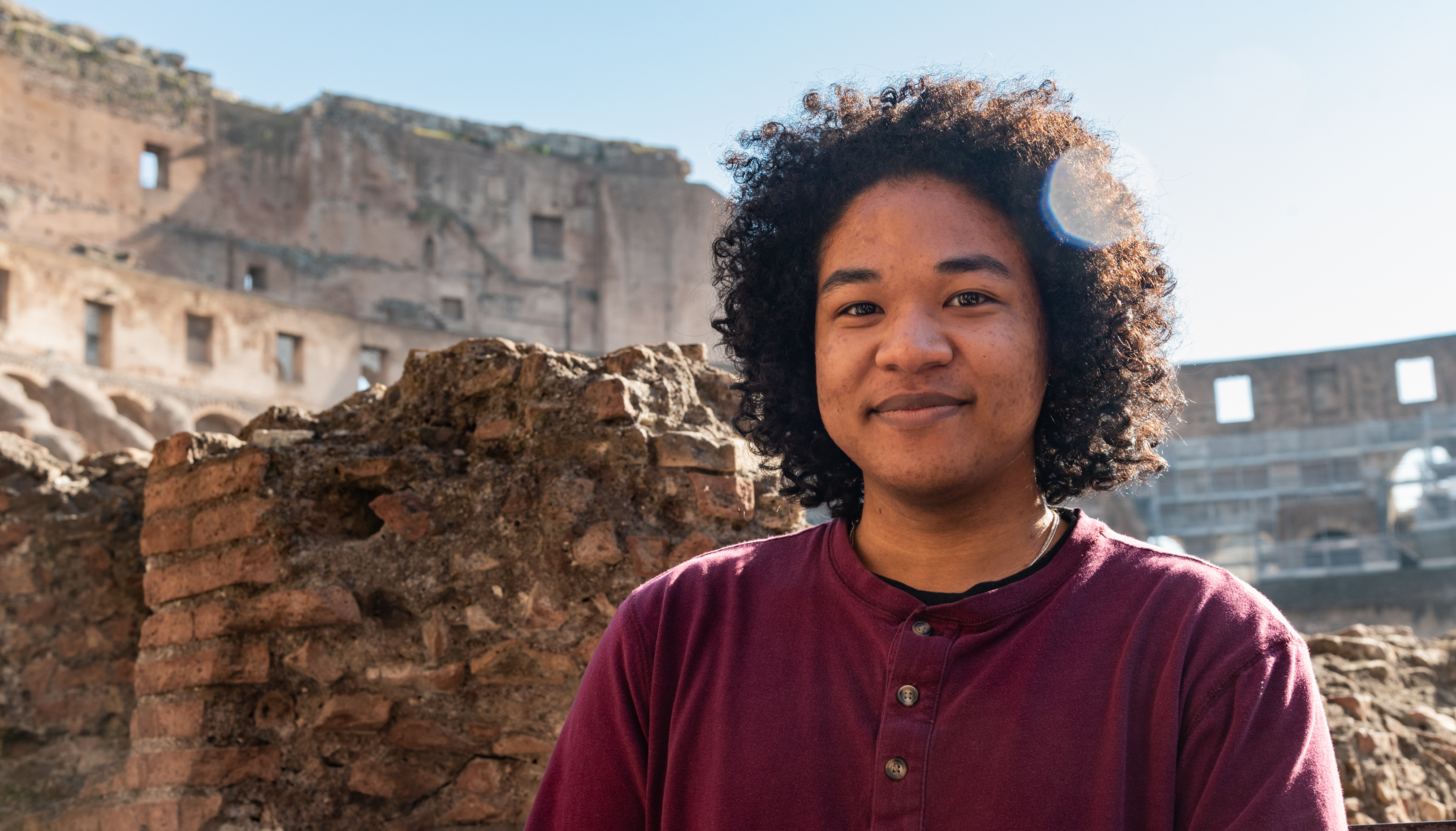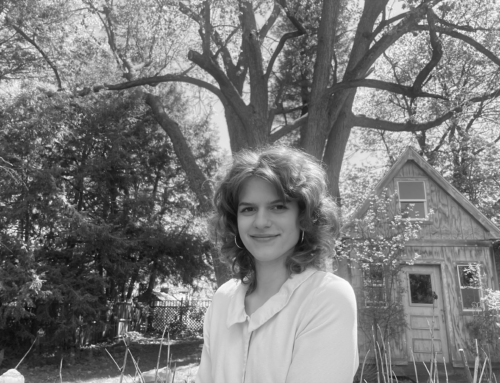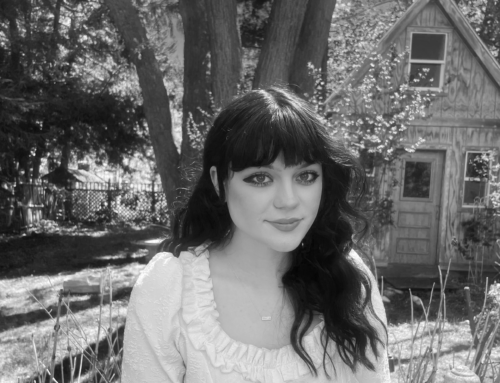“When I was young, my art teacher asked me what I wanted to be when I grew up. I really hadn’t thought about it before. I told her I was good at art and math and she suggested I could be an architect. Since that conversation, I’ve had my eyes set on architecture.”
Nathanael Musera, who will be receiving a Bachelor of Architecture degree, grew up in Phillipsburg, New Jersey, a historic town in the foothills of the Appalachian Mountains along the Delaware River near Bethlehem, Pennsylvania. His Malaysian mother and Kenyan father had met at work after attending college in the United States. They raised Musera with the expectation that he would continue his education after high school. However, money was tight in his family and Musera thought that despite his good grades, he wouldn’t be able to afford more than the local community college.
“I learned hard work at a young age,” Musera said. “Growing up I was taught to always value needs over wants.”
Musera knew the School of Architecture at Rensselaer had a strong reputation, so he took a chance and applied. Clearly, the Rensselaer admissions team recognized there was something special in his application. Musera understood that being admitted to Rensselaer was an opportunity for him to pursue the dream he’d had since middle school: to become a top architect and give back to underprivileged communities.
“Designing a building is great, but what I’m passionate about is putting meaning into my work,” Musera said. “Being at Rensselaer has definitely pushed me into thinking differently about architecture.”
One of Musera’s most memorable projects began when he hand-wove 1,500 feet of printed receipt paper into an eight-foot cocoon to highlight the issue of usable waste. But this got him thinking: if he could somehow create a way to reuse waste into a viable building material, would that result in reduced construction costs? With encouraging feedback from faculty in the School of Architecture and guidance from the Severino Center in the Lally School of Management, Musera teamed with a few classmates to develop that idea into a startup that will take fibrous waste products and turn them into an affordable, high-quality building material replacement for plywood, sheetrock, and chipboard.
“When I work on this new project, it doesn’t feel like work,” Musera said. “It’s something that I love doing so much, I could get lost for hours. It’s the best part of education.”
Musera and his collaborators took first place in the Class of ’51 Contest at Rensselaer – an annual competition for undergraduate and graduate students to encourage the early development of entrepreneurial ideas. One of the judges at this competition, Rensselaer alumnus Brent Solina ’12, saw the potential in Musera’s idea and offered him lab space to continue prototyping. This fall, Musera will continue developing the reclaimed fiber idea and explore other methods of improving the built environment while pursuing his master’s degree at the Center for Architecture Science and Ecology at Rensselaer in New York City.
Success may be in sight for Musera, but being financially insecure as a child continues to impact his personal perspective and the approach he brings to his work.
“Cost of materials is always my first concern,” Musera said. “You can design the greatest building, but if people can’t afford to live there, it’s of no use to anyone. Being at Rensselaer taught me to break down the traditional barriers in architecture, which opened up many new avenues of design and meaning. I cherish and am grateful for my time here.”




